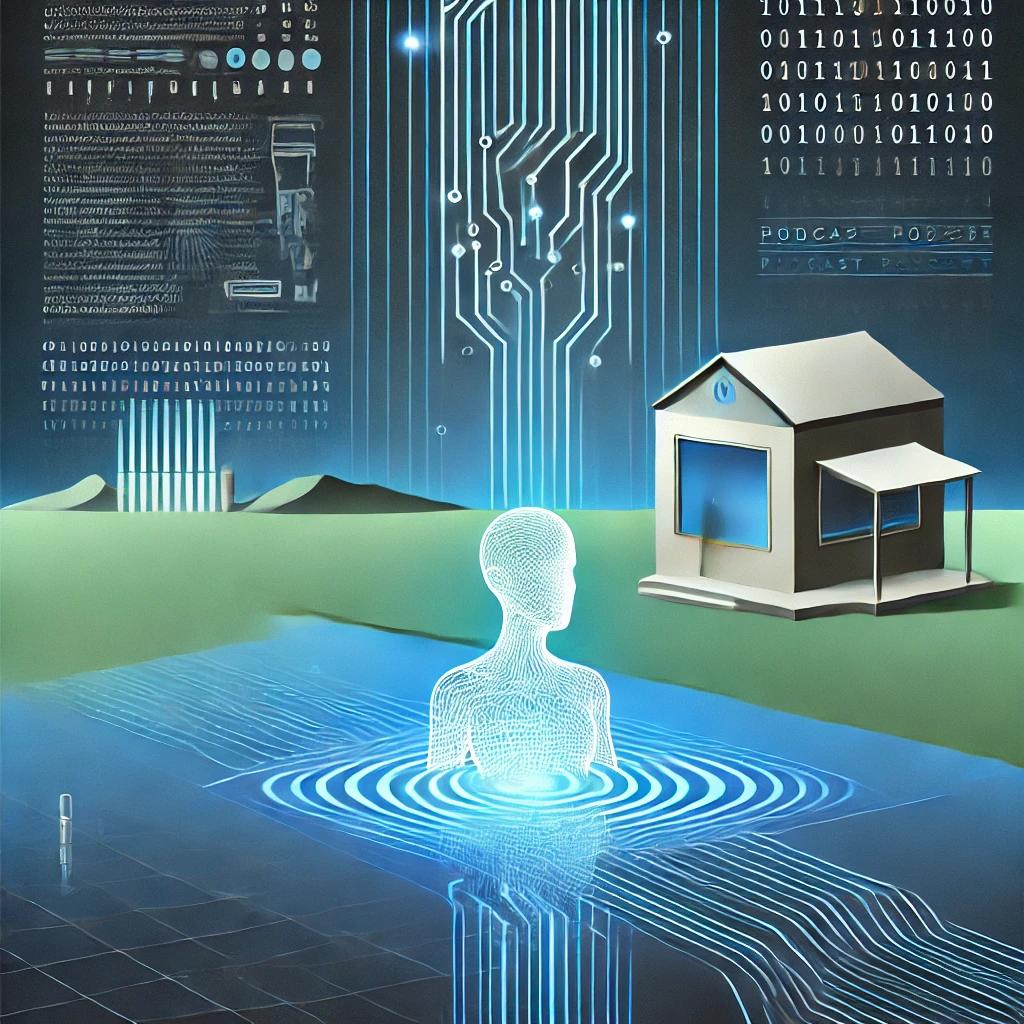“Digitale Wissenbissen": Generative AI agents - One job, one bot
In recent years, artificial intelligence (AI) has made great strides, particularly in the area of generative AI and large language models (LLMs). While these technologies are already demonstrating impressive capabilities, the next topic is already on everyone's lips: agentic AI. These new AI agents promise to make business processes even more efficient and to solve complex tasks autonomously. But what exactly is behind this hype? In this blog post, we deflate the balloon a bit and take a closer look at Agentic AI and multi-agent systems (MAS).
Key points from the episode
1. Definition of agents:
- “An agent is an autonomous system that independently pursues and achieves specific goals.“
- ”An agent acts proactively and does not require human input to perform a task.”
2. Agentic AI vs. ChatGPT:
- “ChatGPT in its raw form is not an agent. It can do many jobs, but it is always based on me as a human providing an impetus.”
- “An agent is a tool that can do a job well, optimized for a specific task.”
3. Example of an agent:
"An agent could be a tool that uses a large language model to compare an expense report with a company's expense guidelines and flag issues.”
4. Multi-agent systems:
- “The complexity of the application can be increased by combining relatively simple AI agents.”
- “A multi-agent system can solve complex problems using various orchestration strategies such as hierarchies, voting and corrective loops.”
5. Advantages of Agentic AI:
- “Increased modularity and better maintainability.”
- “Reduced human intervention and higher scalability.”
- “Adaptive and evolving systems through easier implementation of improvement loops.”
6. Practical application:
“A retail system could use various agents to optimize the purchasing process, from product recommendation to automated order processing.”
7. Challenges and accountability:
- “Who is accountable for the output of a multi-agent system?”
- “A high level of transparency and a robust ethical framework are necessary.”
Summary
Agentic AI and multi-agent systems offer a promising way to increase the efficiency and complexity of AI applications. By combining specialized agents that each perform simple, well-defined tasks autonomously, complex problems can be solved more efficiently and at greater scale. While the hype around Agentic AI will certainly not change everything, this approach still offers significant advantages in terms of modularity, maintainability, and adaptability.



